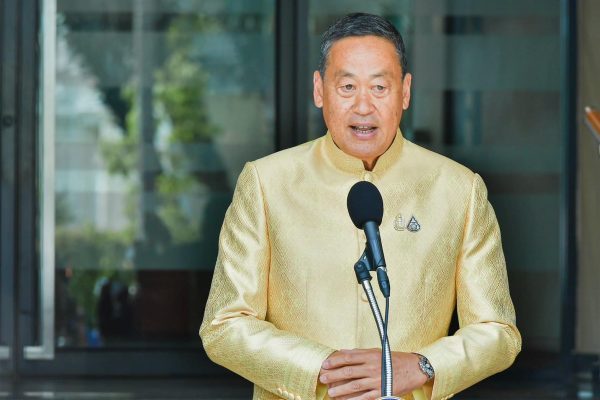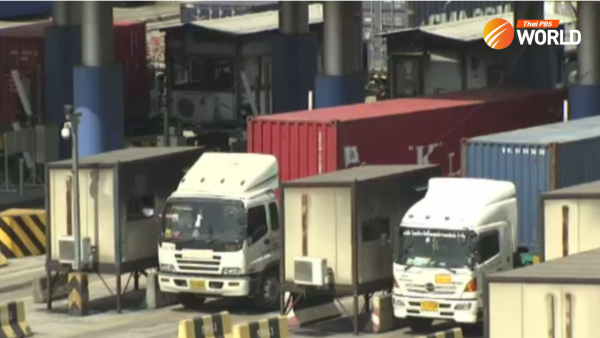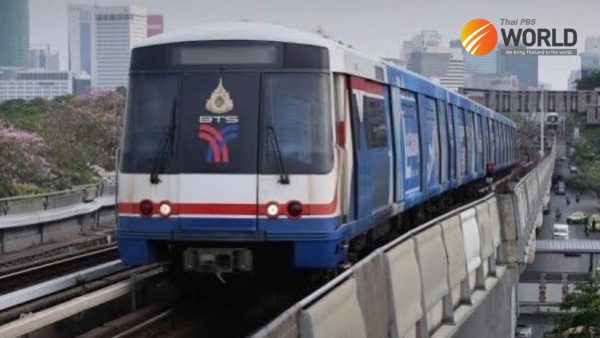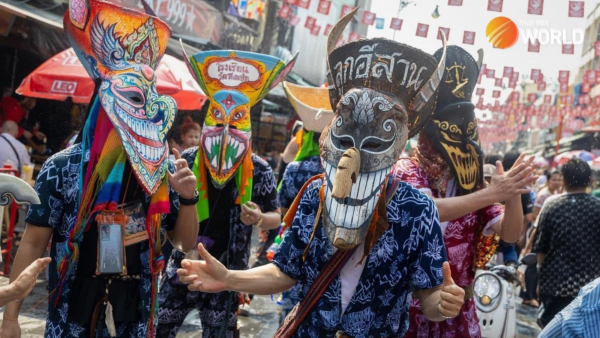The four men tasked with piloting THAI through bankruptcy restructuring

Hope for Thailand’s ailing national airline now rests on the shoulders of four new board members, who have been tasked with the tough job of cleaning up and preparing the carrier for its court-ordered rehabilitation process.
The quartet was reportedly hand-picked by Prime Minister Prayut Chan-o-cha, who certainly needs trustworthy people to help ensure the survival of Thai Airways International (THAI).
The Cabinet last week approved a plan for the 60-year-old carrier to enter a court-sanctioned restructuring scheme under the country’s bankruptcy law. The decision came after THAI’s plan to borrow Bt54 billion to stay afloat was met with widespread opposition. The airline is floundering under debts of more than Bt244 billion, at a time when the global aviation industry is grounded due to the Covid-19 pandemic.
The cash-strapped carrier filed for bankruptcy at the Central Bankruptcy Court on Tuesday.
A day earlier, Piyasvasti Amranand, Pirapan Salirathavibhaga, Boontuck Wungcharoen and Pailin Chuchottaworn joined THAI’s executive board.
On the same day, the listed airline informed the Stock Exchange of Thailand that the Finance Ministry had sold 3.17 per cent of its majority shareholding in THAI to the state-backed Vayupak Fund on May 22.
The sale reduced the ministry’s stake from 51.03 per cent to 47.86 per cent, stripping THAI of its status as a state enterprise and freeing the carrier from obligations under laws governing state entities.
The government, however, technically still holds a majority stake in the airline if the shares of the Finance Ministry, Vayupak Fund and Government Savings Bank are combined.
On Monday, the premier appointed a nine-member committee to follow up on THAI’s restructuring plan. The panel is led by Deputy Premier Wissanu Krea-ngam, who oversees the government’s legal affairs. The other members are mostly state officials, including permanent secretaries of the Finance, Transport and Justice ministries as well as the secretary-general of the Securities and Exchange Commission.
The four new board members will help draw up a restructuring plan for the airline and possibly nominate members of the rehabilitation committee, which must be approved by both the creditors and the court. So far, however, it is unclear if any of them will join the rehab panel.
United force
Observers said the combined experience of the quartet may prove crucial to THAI’s restructuring effort. However, critics warn of potential pitfalls stemming from political intervention, politicking in government and conflicts of interest – which were primarily blamed for the airline’s financial crisis in the first place.
The four new board members all have impressive backgrounds as senior executives in the private and public sectors, though only one of them has actually worked at the airline. Piyasvasti served as the national carrier’s president from June 2009 to June 2012.
After General Prayut came to power in 2014 following a military coup, Piyasvasti joined the so-called “super board” tasked with restructuring state enterprises.
Piyasvasti, who had served as energy minister in General Surayud Chulanont’s post-coup government from 2006 to 2008, was named top executive of the airline in 2009 during the tenure of Abhisit Vejjajiva’s Democrat-led government. However, he was removed in 2012 under the Pheu Thai government of Yingluck Shinawatra.
At that time, THAI’s executive board was chaired by Ampon Kitti-ampon, secretary-general of Yingluck’s Cabinet. The board cited “communication problems” as its reason for removing Piyasvasti – a decision most critics described as politically motivated.
Piyasvasti resigned as THAI president in June 2012, a month after the board resolved to terminate his employment, after the airline agreed to pay him more than Bt5.4 million in compensation. He filed a lawsuit with the Central Labour Court, accusing the board of unfair termination of employment, and won. This time the airline was ordered to pay him Bt1 million plus 7.5 per cent annual interest in compensation.
THAI was already swamped with debts when Piyasvasti became its president in 2009. He began cutting costs by slashing salaries, hacking jobs and reducing unnecessary expenditure.
Piyasvasti also introduced a long-term strategy to strengthen the airline’s position, while embarking on the THAI’s largest aircraft acquisition and retrofit programme, and creating the subsidiary Thai Smile to compete with low-cost airlines.
As a result, the airline made a profit of Bt7.3 billion in 2010, which doubled to Bt14.7 billion the following year. The airline made Bt6.5 billion in profit in 2012, the last year Piyasvasti was at the helm. Thereafter, THAI began haemorrhaging money, only making a small profit of Bt678 million in 2016.
Meanwhile, Pirapan, a judge who entered politics in 1996 as a Democrat election candidate, was in December appointed as adviser to Prayut.
Between 2001 and 2005, he served as chairman of the House of Representatives committee on the prevention and suppression of corruption, and as justice minister from December 2008 to August 2011.
Just days after he left the Democrat Party in early December, the Cabinet approved Pirapan’s appointment as adviser to the premier. Soon after, he became chairman of the House’s ad-hoc committee tasked with studying possible constitutional amendments. Most recently, he was appointed to the government’s Centre for Covid-19 Situation Administration.
Pirapan is also said to be in the running to become new secretary general of the core coalition Palang Pracharath Party.
Boontuck is widely recognised for his wealth of knowledge and experience in managing commercial banks, having previously served as Kasikorn Bank’s executive vice president, TMB Bank’s chief executive officer, as independent director of Siam Commercial Bank, and as chairman of the Thai Bankers’ Association.
He is credited with engineering TMB Bank’s impressive turnaround after decades in the red, and it was at this bank that Boontuck built ties with General Prayut, who at that time was a high-ranking Army general and member of TMB’s board.
After the 2014 coup led by General Prayut, Boontuck was named member of the National Legislative Council, and he also serves as director of Esso (Thailand) and Asset World Corp.
Pailin served as deputy transport minister in Prayut’s government from November 2017 to July 2019, but also has a host of other high-ranking positions to his credit.
Among them are CEO and president of energy giant PTT, chairman of its petrochemical subsidiary IRPC, chairman of Global Power Synergy, director of SCB 10X, chairman of Vidyasirimedhi Institute of Science and Technology Council, and chairman of Kamnoetvidya Science Academy’s board of governors.
By ThaiPBS World’s Economic Desk






